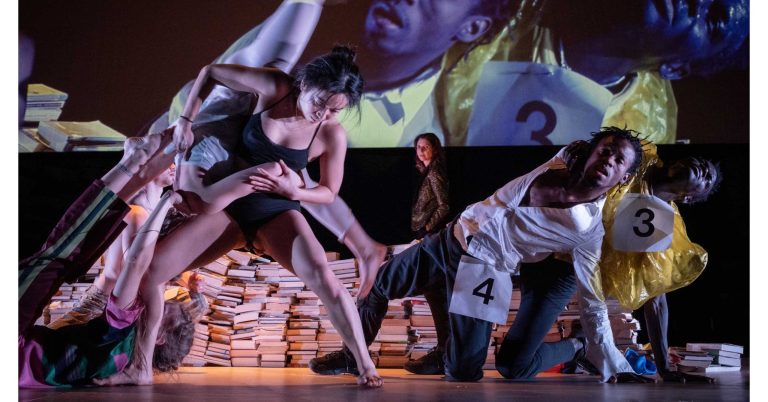
By Robert Crawford
For the first time since 1707 (more than half a century before Burns was born), the population of Scotland is being given the chance to vote in a referendum that asks the question, ‘Should Scotland be an independent country?’ The referendum won’t be held until 18 September, but already people are arguing about which side Robert Burns would have been on. To secure his posthumous vote would be the ultimate celebrity endorsement. Several Scottish lords have argued that the poet who hymned ‘The man of independent mind’ would have voted against his country becoming independent.
This seems unlikely. Burns was a huge fan of William Wallace, the medieval Scottish freedomfighter best known today as the hero of Braveheart, but celebrated in poetry and song in Scotland for many centuries. ‘Scots, wha hae wi Wallace bled, / Scots wham Bruce has aften led’, begins Burns’s celebration of the 1314 Battle of Bannockburn, where the Scots defeated a much larger English army, and so maintained their independence. Things changed with the political Union between Scotland and England in 1707, but another famous Burns song presents the Scots who voted for Union as ‘a parcel of rogues in a nation’.
Having published a biography of Burns, co-edited a selection of his poems and prose, and examined his views in my new book, Bannockburns: Scottish Independence and Literary Imagination, 1314-2014 I’m clear that the weight of evidence suggests that Burns (who had no vote in his lifetime) would have voted ‘Yes’ to Scottish independence today. Though Unionist politicians in the British Parliament at Westminster such as Lord Forsyth and Ms Eleanor Laing, an English Conservative MP, like to quote Burns’s song ‘The Dumfries Volunteers’, with its lines ‘Be Britain still to Britain true, / Amang oursels united’, that poem was written while Burns was under suspicion because of his political radicalism and feared for his job as an Exciseman – a British civil servant. Excisemen were meant to toe the line. They were definitely not meant to write, as Burns did in his April 1790 letter to Frances Dunlop, ‘Alas! Have I often said to myself, what are all the boasted advantages which my Country reaps from a certain Union, that can counterbalance the annihilation of her Independence…’

It’s no accident that ‘The Dumfries Volunteers’ is a little regarded poem, whereas Burns’s poems favouring Scottish independence including ‘Scots, wha hae’ and ‘Such a Parcel of Rogues in a Nation’ are regarded as among his greatest political songs. Still invoked by today’s politicians such as Scotland’s pro-independence First Minister Alex Salmond in the Scottish Parliament in Edinburgh, Burns’s views are much closer to those of the array of twenty-first-century Scottish writers also discussed in Bannockburns than they are to those of British Prime Minister David Cameron.
Poet, biographer, and critic Robert Crawford is Professor of Modern Scottish Literature and Bishop Wardlaw Professor of Poetry at the University of St Andrews.




